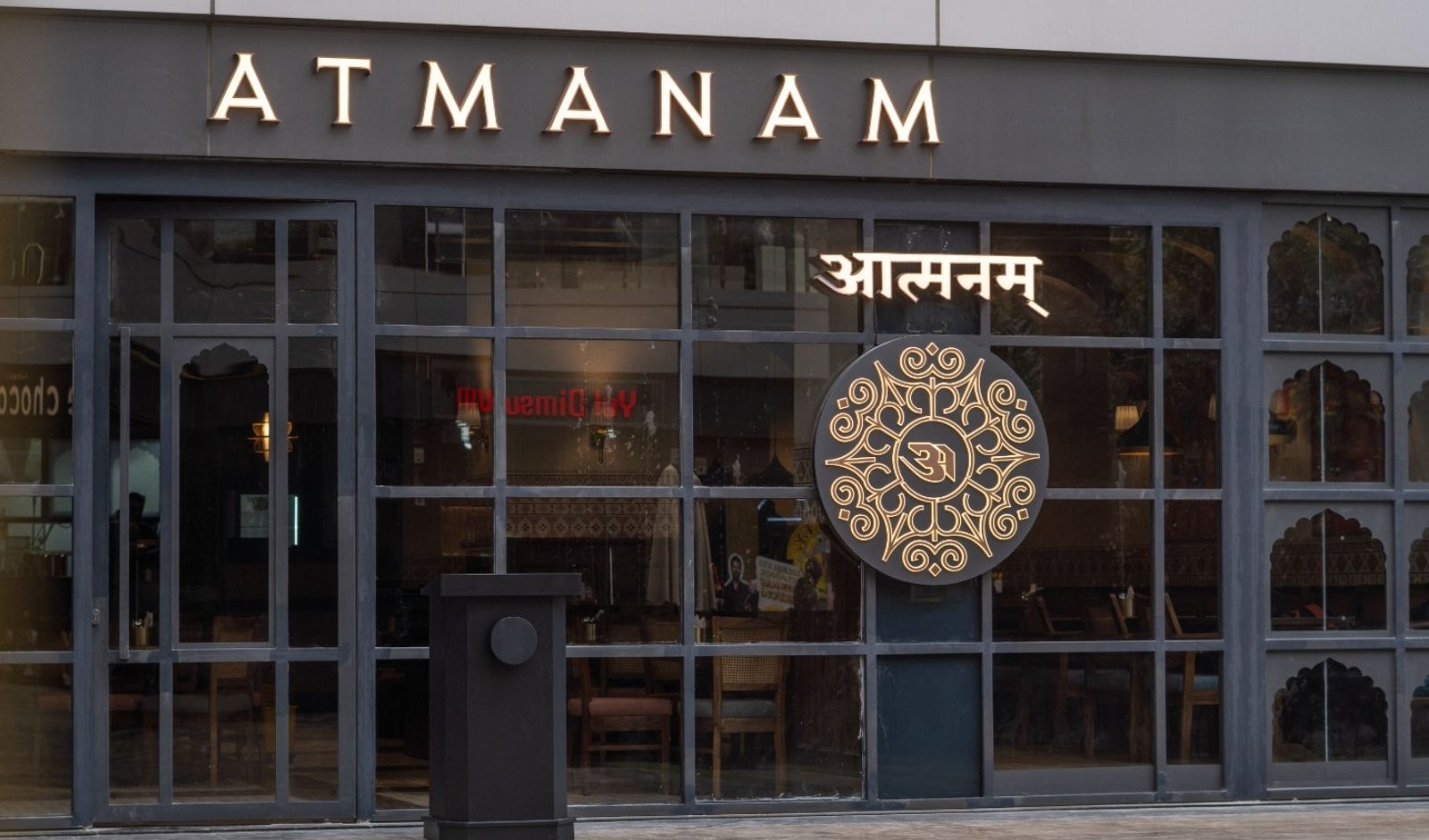
Following the directive from The Food Safety and Standards Authority of India (FSSAI), food delivery firms like Zomato and Swiggy have started delisting restaurants that do not have a license from the food regulator from their platforms. FSSAI, in July, had instructed all major food-tech players to delist non-compliant restaurant partners to ensure food hygiene and safety.
Deepinder Goyal, Zomato’s Co-founder and CEO, has said that they have already delisted hundreds of restaurants from its food ordering platform for not being compliant with FSSAI norms on food safety and hygiene. He further added that once the delisted restaurants provide their FSSAI licences, they will be re-listed on Zomato's platform.
Swiggy’s spokesperson said, “We have set up an FSSAI Assist Program to help all non-compliant restaurants procure their licenses within the specified timeframe.”
The delisting process by Zomato is being carried out across all 34 cities where the firm has presence. Zomato has over 50,000 restaurants listed on the platform in India while Swiggy lists over 40,000 restaurants on its food delivery platform.
Mohit Gupta, CEO, food delivery business at Zomato, said, “Most of our high order volume restaurant partners currently have or have applied for their FSSAI licences. We are certain this move will not have an impact on our order volumes.”
Pawan Kumar Agarwal, CEO at FSSAI, said, “Most of the food delivery players have given their commitment to ensure the issue is tackled and have sought time until the end of September to ensure compliance. They expect that about 90-95% of restaurants on their platform will turn compliant by then.”
The regulator had earlier issued a deadline of July 31 for complying with its directive.
Copyright © 2009 - 2026 Restaurant India.








